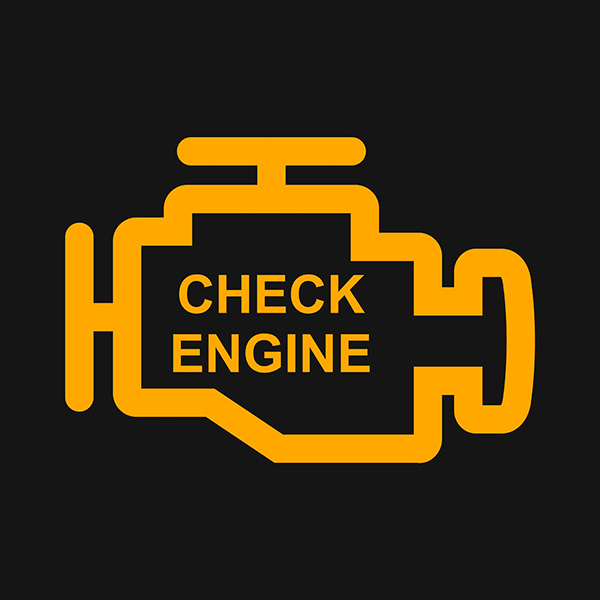
The check engine light is one of the most dreaded indicators on your dashboard. It’s small, often amber-colored, and yet, it can stir up big worries. It’s tempting to ignore this light, especially if your car seems to be running just fine when it comes on. However, ignoring the check engine light can lead to more significant issues. Whether it’s a minor fix or a more severe problem, getting a check engine light scan promptly can save you time, money, and stress.
What Does the Check Engine Light Mean
The check engine light is your car’s way of communicating that something isn’t right. It’s part of the onboard diagnostics system, which monitors your vehicle’s performance and emissions. When this light comes on, it means the system has detected an issue that needs attention.
The causes behind a lit check engine light can range from a loose gas cap to a malfunctioning catalytic converter. Some issues are minor and can be resolved quickly, while others might require more in-depth repairs. That’s why scanning your vehicle as soon as the light comes on is essential to identify the root cause.
Common Reasons the Check Engine Light Comes On
- Loose or Damaged Gas Cap: Believe it or not, something as simple as a loose gas cap can trigger the check engine light. A damaged or missing cap can cause your fuel system to lose pressure and impact emissions.
- Faulty Oxygen Sensor: The oxygen sensor monitors the amount of unburned oxygen in your vehicle’s exhaust. If it’s not functioning correctly, it can affect fuel efficiency and engine performance.
- Worn Spark Plugs or Ignition Coils: These components are critical for starting your engine. If they’re worn out, your engine may misfire, leading to performance issues.
- Catalytic Converter Issues: The catalytic converter helps reduce harmful emissions. A malfunctioning converter can cause your car to fail emissions tests and lead to reduced fuel efficiency.
- Mass Airflow Sensor Problems: The mass airflow sensor measures the air entering the engine to determine the proper fuel mixture. Issues with this sensor can impact your car’s fuel economy and performance.
Acting On Time
Delaying a check engine light scan can lead to bigger, more expensive problems. Some issues, like a loose gas cap, might seem minor but can snowball into larger problems if not addressed promptly. For example, ignoring a misfiring engine caused by faulty spark plugs can damage the catalytic converter, leading to a costly replacement.
Driving with an unresolved issue might put your safety at risk. For instance, a failing ignition coil can cause your car to stall unexpectedly, which is dangerous, especially on busy roads.
What Happens During a Check Engine Light Scan
When you take your car for a check engine light scan, a professional technician connects a diagnostic tool to your car’s onboard diagnostics port. This tool reads error codes stored in your car’s system, giving insight into what’s causing the issue.
Each error code corresponds to a specific problem or component. A skilled technician interprets these codes to determine the best course of action. Whether it’s tightening a gas cap, replacing a sensor, or performing a more complex repair, the diagnostic scan provides a clear roadmap for resolving the issue.
Why Professional Service is Necessary
While there are DIY diagnostic tools available, professional service is the best way to ensure accurate results. Certified technicians not only have access to advanced diagnostic equipment but also possess the expertise to interpret the codes correctly.
Misdiagnosing an issue can lead to unnecessary repairs and wasted money. For example, replacing an oxygen sensor when the real problem is with the catalytic converter doesn’t address the underlying issue. Professionals ensure that the correct problem is identified and resolved efficiently.
A professional repair shop can inspect related systems to identify potential issues before they become significant problems. This proactive approach saves you time, money, and headaches in the long run.
Don’t Ignore the Warning Signs
The check engine light isn’t something to take lightly. While it might not always indicate a major problem, ignoring it can lead to more severe issues over time. By getting a diagnostic scan as soon as the light comes on, you’re taking the first step toward keeping your car reliable and safe.
Don’t let the check engine light stress you out. Bring your car to European Autowerks in Virginia Beach, VA, for professional diagnostics and repairs. Call today to learn more about our expert services!